This content has been archived. It may no longer be relevant
As the peak professional membership body for the legal profession, Queensland Law Society aims to be your partner from law school to lawyer – and beyond.
This includes non-practising members, those in academia and counsel at the Bar. Catherine Chiang is one such member.
Catherine has a long-standing relationship with QLS. She began her QLS journey as a student member, then opted for full membership once she was admitted to Queensland legal practice. Now, as a barrister at Wilberforce Chambers, she enjoys her associate membership.*
Over her 12 years’ of experience in the legal industry, Catherine has become an increasingly active member of the legal profession. She not only helped establish the Queensland Branch of the Asian Australian Lawyers Association (AALA(Q)) in 2016 to better support lawyers with diverse backgrounds, but in recent years has worked with QLS and other organisation to improve inclusion and celebration of diversity in the legal profession.
I had the opportunity to hear Catherine deliver a lecture on ‘Lessons in Diversity’ at the Banco Court last year and am convinced that not only will she be a leader for the next generation of legal professionals, but alongside the AALA(Q) will be pivotal in leading the profession into a more inclusive future. I asked Catherine to share her aspirations for the future of the legal profession and how we can work towards achieving same.
SD: Hi Catherine. Thank you for your time today. You’ve been a member of the QLS for the entirety of your legal career. What role has QLS played in your legal career?
CC: Thank you Sheetal. I became a student member of QLS in 2008 while working as a paralegal, then a full member once I joined the solicitors’ ranks in 2013. I now practise as a barrister in commercial and civil litigation and remain an associate member of QLS.
In 2016, I co-founded the Queensland branch of the Asian Australian Lawyers Association (AALA), a national non-profit association with the Honourable Michael Kirby as our patron. With active branches in Queensland, New South Wales, Victoria and Western Australia, we work closely with industry regulators like QLS, the judiciary, law firms and universities to spread the message of diversity and inclusion. QLS has increasingly facilitated our work in this space.
After I went to the Bar in 2018, I remained an associate member of QLS because of the wonderful advocacy that QLS has been doing for diversity and mental wellbeing, especially through partnering with organisations like AALA and Minds Count to bring their work to a wider audience.
SD: Where would you like to see the legal profession in five year or 10 years’ time?
CC: The recent trend of increased awareness of diversity issues is a positive one. I hope this momentum continues until, one day, it is commonplace for judges from non-Anglo- Saxon backgrounds to be appointed, and for a large portion of equity partners of law firms to be working mums.
In this age of disruption and global instability, the profession is also long overdue for a sharp correction in its business models. The scarcity of graduate employment, workplace harassment and bullying, archaic modes of billing, and underfunding of legal aid etc. are all critical issues that I hope the profession will band together to resolve in coming years.
SD: What do you think we can do, as a profession, to help realise that five to 10-year vision?
CC: Rather than rest on our laurels, the profession needs to keep its foot on the gas when it comes to efforts to break down barriers and promote wellbeing. Each practitioner can do their part by recognising and overcoming unconscious biases, fearlessly calling out unacceptable workplace behaviours, and elevating team players who do the right thing. I certainly don’t profess to have all the answers, but a seismic shift towards better access to justice and away from relentless profit-generation would be a good starting point.
SD: What would be your advice to someone who is just joining the profession?
CC: In a speech to pupils at the end of my Bar Practice Course in 2018, Justice Bradley advised us to “make friends and ask for help” when we go the Bar. I think this advice applies to junior solicitors too. I believe most people in the profession are willing to help, but sometimes it’s not the right time. Just keep asking politely and be ready to work hard when opportunities come your way. Joining AALA also gives you access to a network of friends who are trying to make the profession more welcoming for all.
“Each practitioner can do their part by recognising and overcoming unconscious biases, fearlessly calling out unacceptable workplace behaviours, and elevating team players who do the right thing.”
Catherine Chiang
Catherine and the AALA(Q) have worked together with organisations across the Queensland legal profession to support the future of the legal profession – not only through its nation-wide University Outreach project and National Mentoring Program for students and early career lawyers, but through initiatives such as the William Ah Ket Scholarship essay competition, cultural awareness training modules/sessions and the annual Judicial Diversity Panel event, which shares inspirational personal stories of our judicial officers with the public.
With Catherine Chiang and the AALA(Q) fiercely advocating and championing diversity and inclusion in the legal profession, it’s only a matter of time before diversity and inclusion become less of an initiative and more standard practice.
*Associate membership is open to Australian lawyers who are not legal practitioners, former solicitors, barristers, law practice employees, law lecturers and to people with other appropriate qualifications or experience. See qls.com.au/membership
Sheetal Deo is Queensland Law Society Relationship Manager – Future Lawyers, Future Leaders.
This story was originally published in Proctor May 2020.


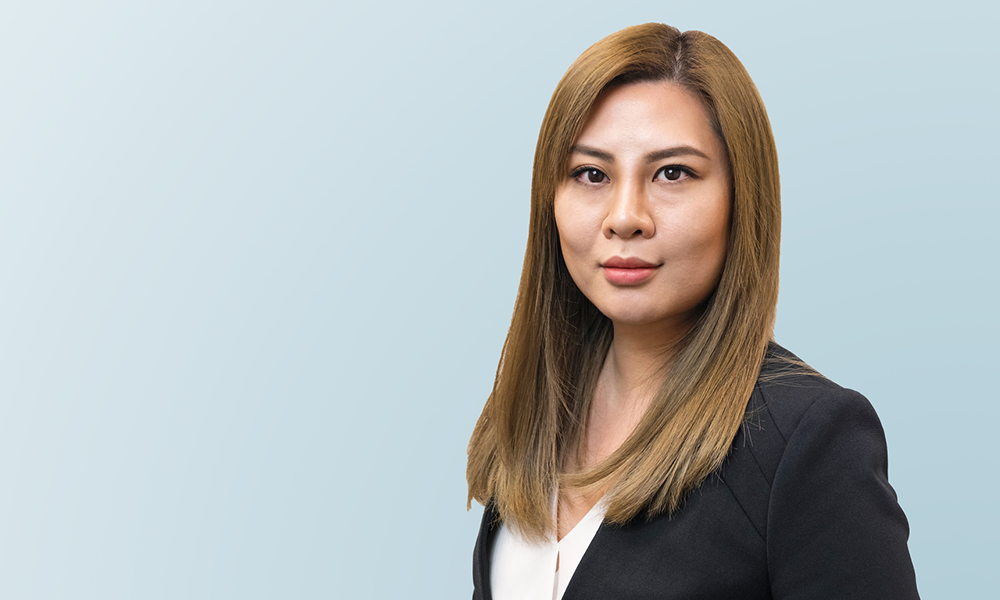



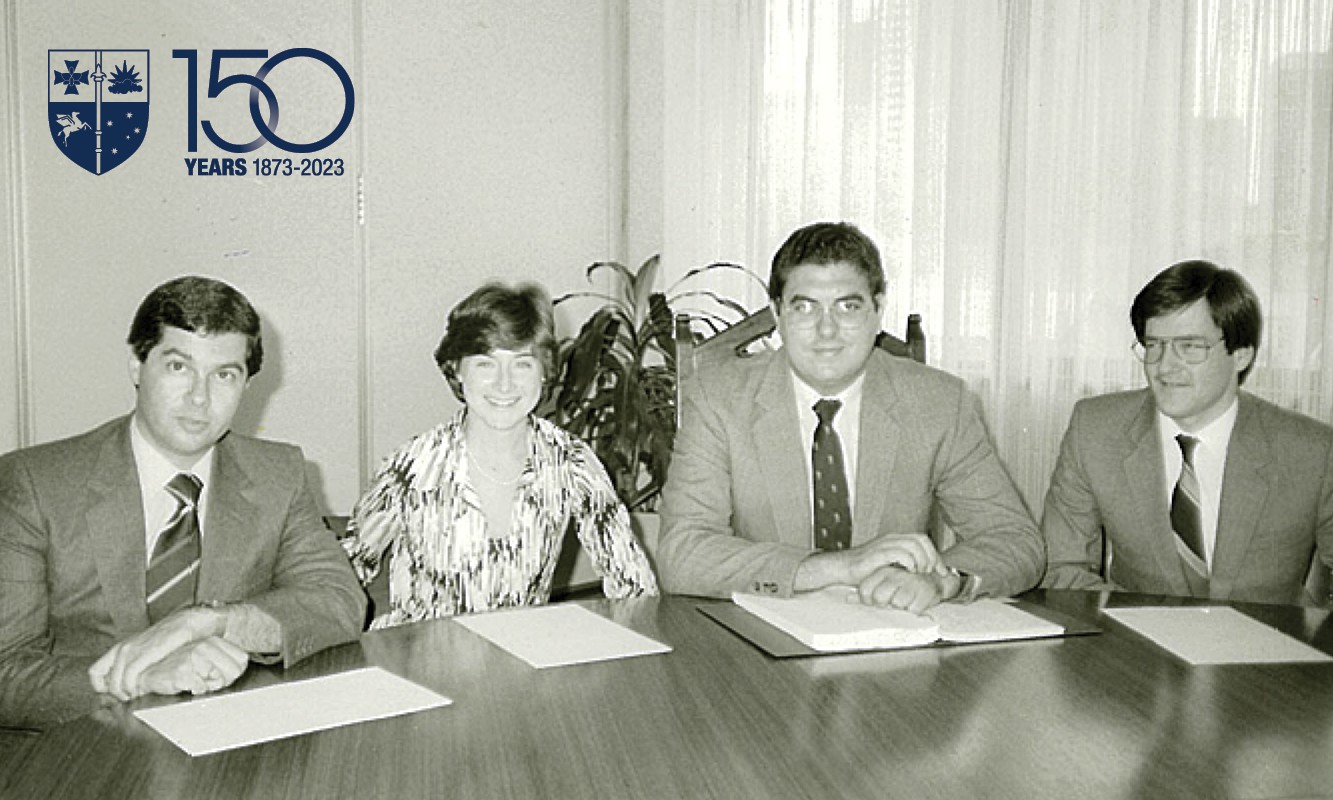
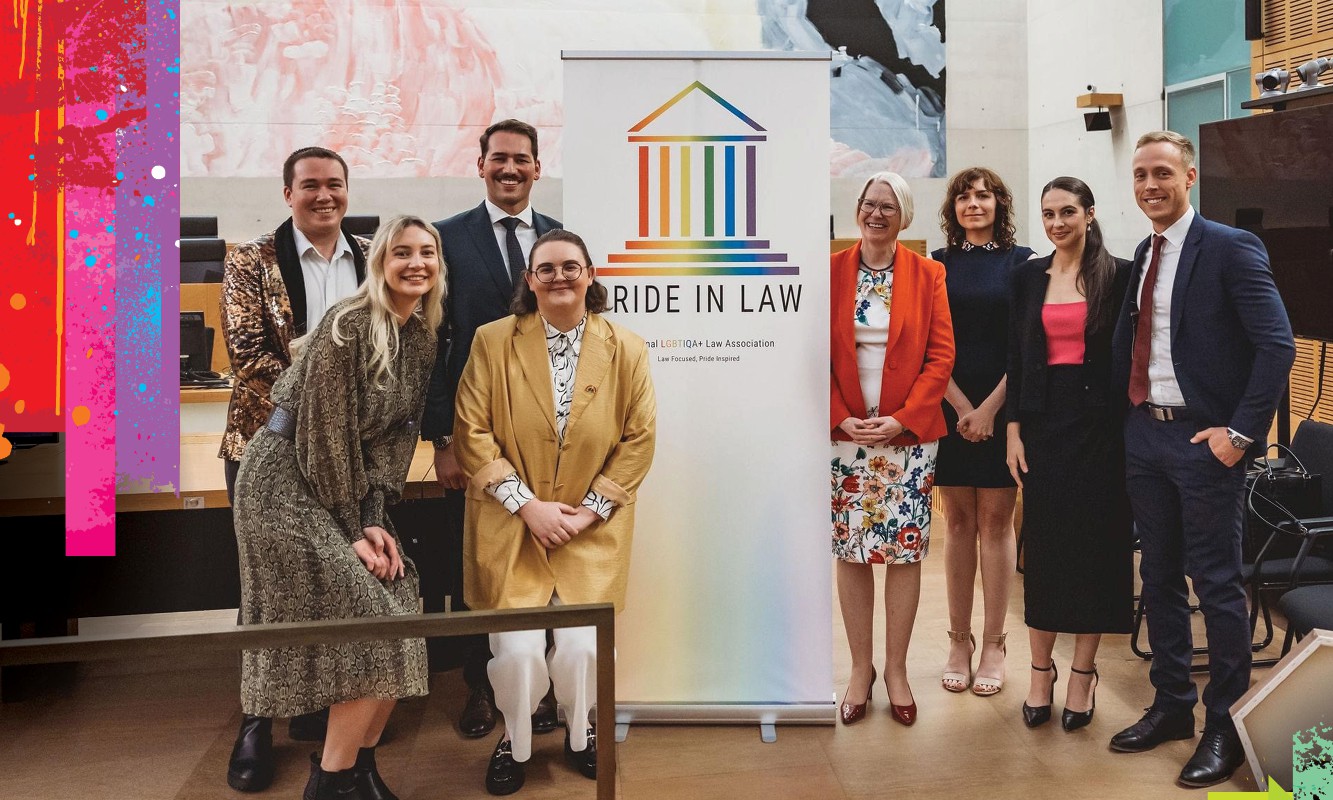
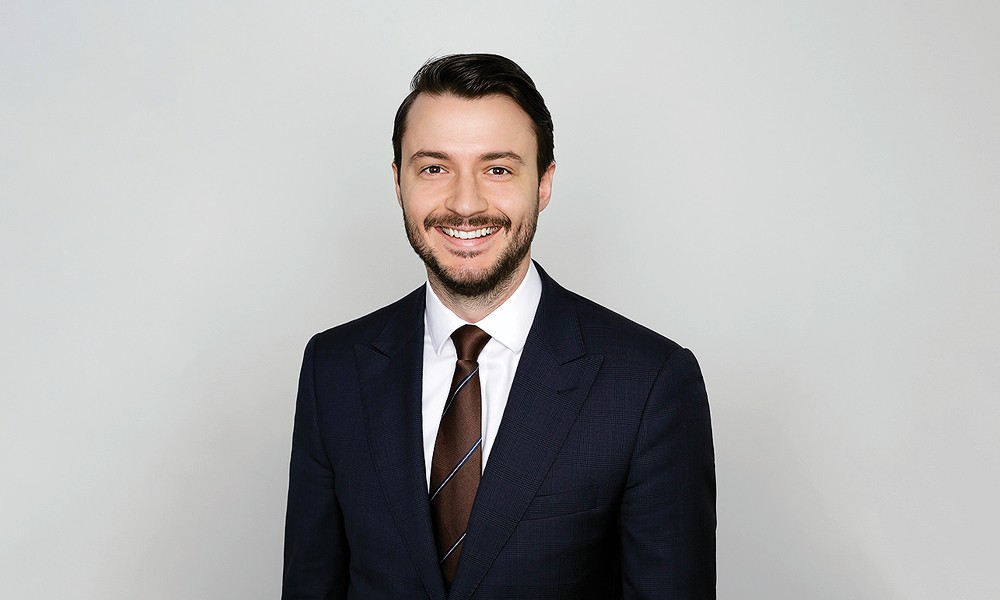
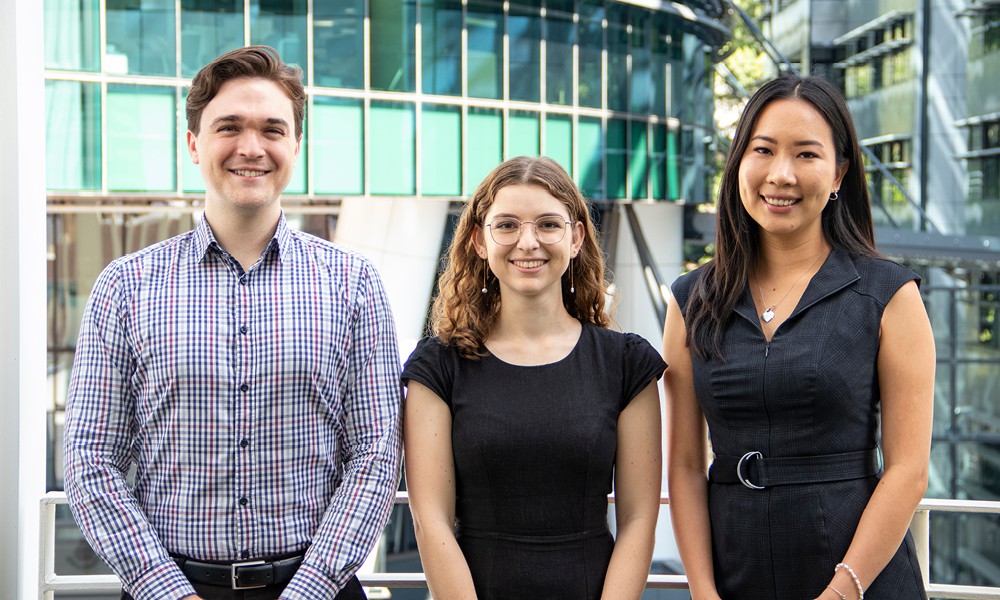



Share this article